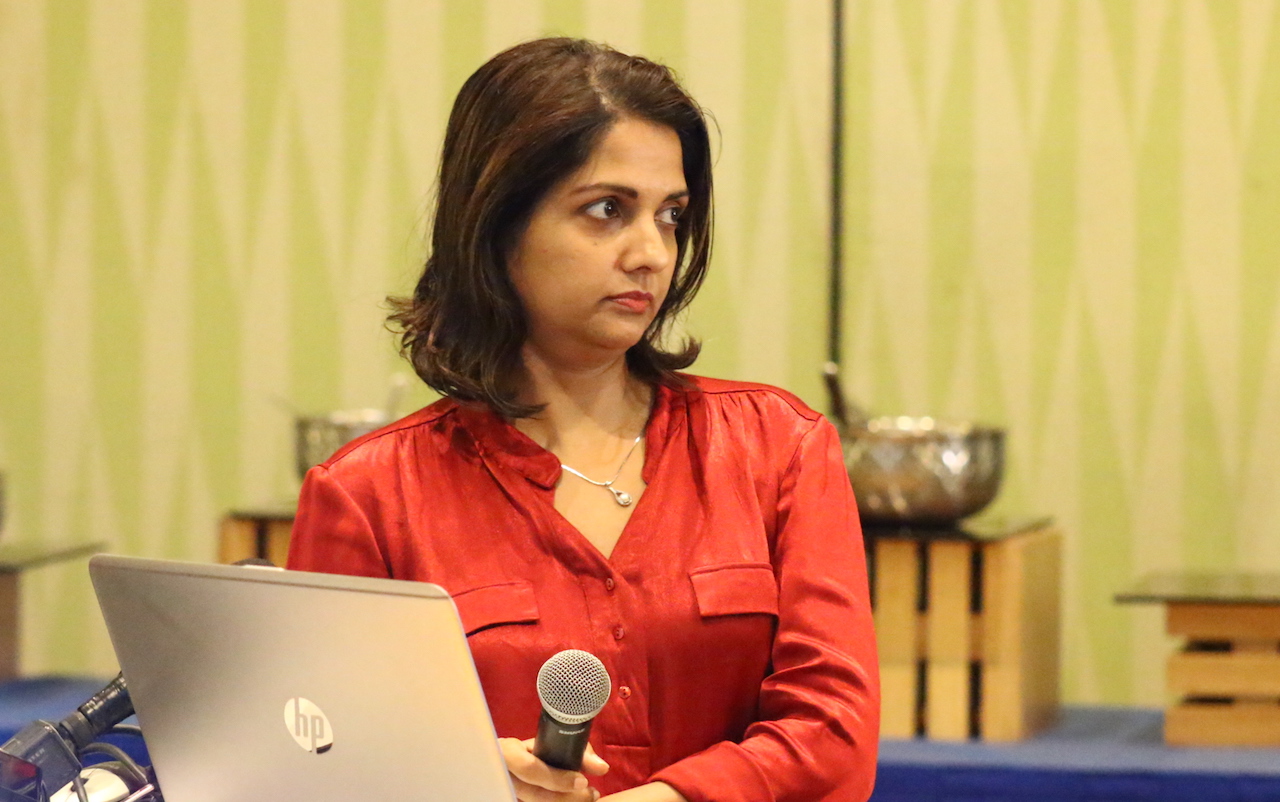For several decades now, organ harvesting – that is, using vital organs such as the kidneys, the liver, heart, lungs and eyes from deceased people to save the lives or enhance the quality of life for people who were either born with conditions that affected these organs or developed them later in life – has been a common occurrence all over the world.
In 2008, actor Will Smith starred in a movie entitled Seven Pounds, in which he played a man on the verge of committing suicide who donated various parts of his body to several people he encountered during the last few days of his life.
There is also the story of the Canadian Olympic gold medal-winning swimmer Victor Davis, whose organs went to several different people across Canada after he lost his life in a car accident, shortly after his Olympic triumph at the 1984 Los Angeles Games.
So we welcome the news that Barbados is now considering going a similar route, although kidney and corneal transplants have been taking place at the Queen Elizabeth Hospital for quite some time now with the first kidney transplant taking place in 2015.
Recently, Executive Chairman of the QEH Juliette Bynoe-Sutherland, and consultant transplant nephrologist Dr Nerissa Jurawan told Barbados TODAY a new Organ Transplant Bill is almost ready for introduction to Parliament. The legislation would pave the way for the state-owned QEH to significantly expand its current transplant unit, eliminate the need for tissue typing samples to be sent to the United States, and greatly boost the number of surgeries and their scope through the harvesting of organs from deceased donors.
They were speaking primarily of kidney donors, and indeed a number of kidney transplants have been done in Barbados using live donors who, for the most part, were close relatives of the patients in question.
However, Dr Jurawan noted the move towards increasing transplants and being legally able to harvest organs from the deceased had started several years ago, but little progress had been made.
“While we have been doing kidney transplants and corneal transplants, certainly we can widen the scope and make the Queen Elizabeth Hospital one of the biggest transplant centres in the Eastern Caribbean, not only for kidney transplants, but hopefully this Bill will also cover liver transplants and bone marrow transplants.”
In other countries such as the UK, would-be organ donors carry special cards denoting their status, which facilitates the donation process on their passing. Tissue typing, which ensures that the donors are compatible with the patient in terms of the blood type and other factors, is an important element of the process as well.
Transplant nurse Ruth Shorey emphasised why having a tissue typing laboratory in Barbados is critical.
“If we have the lab here, we would know our potential recipients, we would know what their tissue type is. So it means when a potential donor comes along, and we do their tissue type, we will be able to match them almost immediately,” she said.
The current arrangement outlined here, where samples are sent to the United States for testing, will likely be a costly exercise, even if it is not an everyday occurrence. Not only that, time is often a critical element in some of these cases, especially in emergency situations. Therefore, we have to ask, is training in this particular discipline available for local laboratory technicians at the hospital itself or through UWI’s Faculty of Medical Sciences? If not, now would be as good a time as any to introduce it, if we are planning to get more involved in this field and expand our reach to our Caribbean neighbours.
Naturally, those islands will have to do their own training in this respect as well, and surely the many offshore medical schools established in Barbados and elsewhere in the region over the years can take up the slack if the region’s hospitals and UWI have their hands full.
The two officials did not give a timeline, but we would request that any such legislation is carefully thought out and involves input not only from the highest echelons of the medical fraternity, but also from some of the beneficiaries of such transplants and the donors. A public education programme on how the process is expected to work will also be important. For example, whether it will cover all organs or if the donor can specify which organs he or she wants to donate for that purpose, as well as how soon the organs should be harvested after death. It will definitely be a ray of hope for those patients either on dialysis, experiencing cirrhosis of the liver, or in need of a bone marrow transplant, as it can give them a new lease on life.




